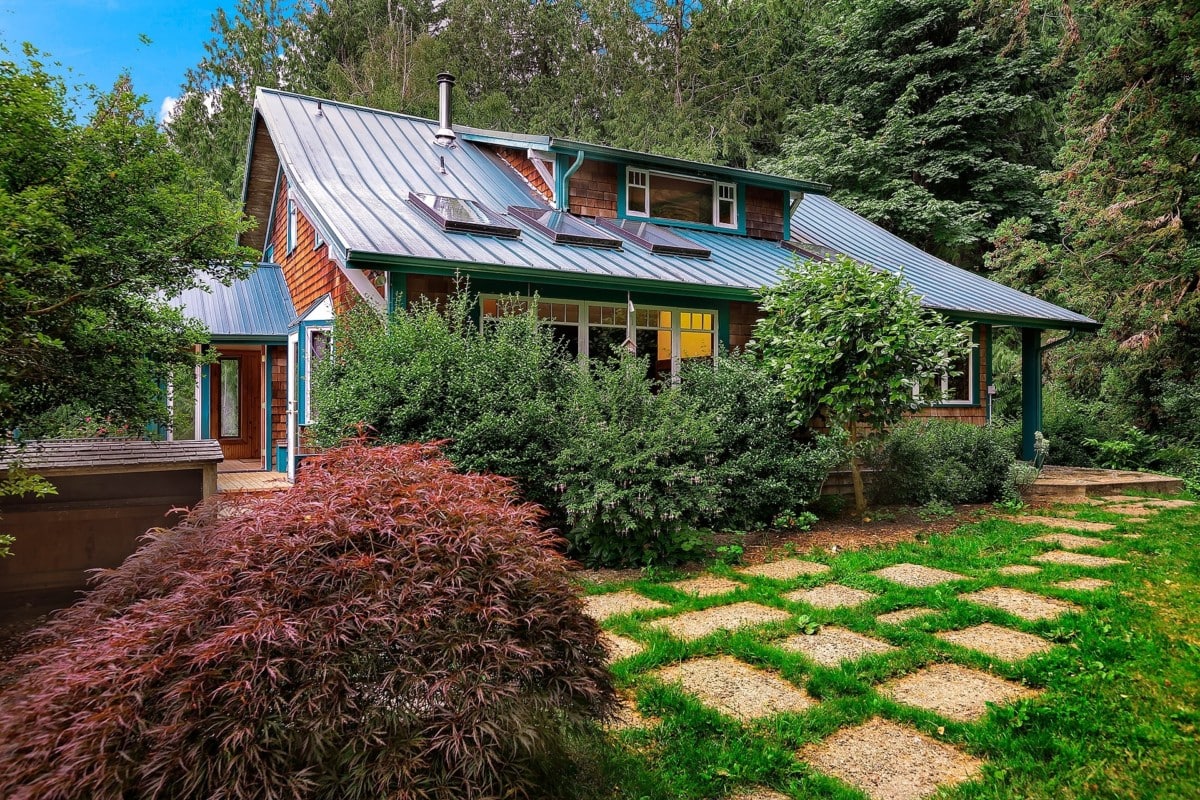What are Some Sustainable Flooring Options for My Home
In today's world, sustainability has become a key consideration for many homeowners. When it comes to home renovations or building a new house, choosing sustainable flooring options is a great way to reduce your environmental impact and create a healthier living space. This article aims to provide you with an in-depth understanding of various sustainable flooring options available for your home.
The Importance of Sustainable Flooring
Sustainable flooring goes beyond aesthetics and functionality. It encompasses eco-friendly materials, manufacturing processes, and the ability to be recycled or decomposed at the end of their life cycle. By choosing sustainable flooring options, you contribute to the conservation of natural resources and minimize harmful environmental impacts, such as deforestation and pollution.
Cork Flooring: Nature's Versatile Wonder
Cork flooring is an excellent choice for homeowners seeking sustainable flooring options. Harvested from the bark of cork oak trees, this renewable resource is both comfortable underfoot and highly durable. Cork flooring is naturally resistant to mold, mildew, and pests, making it a healthy and eco-friendly choice for any room in your home.
Bamboo Flooring: Strength and Style
Bamboo flooring has gained popularity in recent years due to its sustainability and aesthetic appeal. As one of the fastest-growing plants on Earth, bamboo can be harvested without killing the plant, making it an excellent renewable resource. With its natural beauty and strength comparable to hardwood, bamboo flooring offers a sustainable alternative that complements various interior design styles.
Reclaimed Wood Flooring: Beauty with a History
Reclaimed wood flooring gives a second life to timbers salvaged from old buildings, barns, or factories. By repurposing these materials, you not only reduce the demand for new wood but also preserve the character and history of the original structures. Reclaimed wood flooring adds a unique charm to your home while promoting sustainability and reducing waste.
Linoleum Flooring: Classic and Eco-Friendly
Linoleum flooring, often confused with vinyl, is made from natural materials like linseed oil, pine resin, and cork dust. It offers a durable, long-lasting option for your home. Linoleum is biodegradable, emits minimal volatile organic compounds (VOCs), and requires less energy to produce compared to other flooring materials. With a wide range of colors and patterns, linoleum flooring brings a classic and eco-friendly touch to any space.
Recycled Glass Tile Flooring: Shimmering Elegance
Recycled glass tile flooring combines sustainability with aesthetic appeal. Made from recycled glass bottles and other discarded glass, this flooring option offers a stunning and unique look for your home. With its durability, easy maintenance, and eco-friendly properties, recycled glass tile flooring provides a distinctive style statement while reducing the environmental impact of waste glass.
Concrete Flooring: A Modern and Durable Choice
Concrete flooring has gained popularity for its contemporary and industrial appeal. This versatile material can be polished, stained, or stamped to create various designs and finishes. Concrete is an energy-efficient choice, as it absorbs and retains heat, reducing your reliance on heating systems. Additionally, it can be sourced locally, further minimizing transportation-related emissions.
Natural Stone Flooring: Timeless Beauty
Natural stone flooring, such as granite, marble, or slate, offers timeless elegance and durability. These materials are quarried from the earth and require minimal processing, making them an eco-friendly choice. With proper maintenance, natural stone flooring can last for generations, adding value and beauty to your home.
Wool Carpeting: Cozy and Sustainable
Wool carpeting is a sustainable choice for those seeking warmth and comfort underfoot. Wool is a natural, renewable fiber that is biodegradable and recyclable. It possesses excellent insulation properties, helping to reduce energy consumption and lower utility bills. Wool carpeting also improves indoor air quality by absorbing airborne pollutants.
Cork-Backed Vinyl Flooring: The Best of Both Worlds
Cork-backed vinyl flooring combines the resilience and affordability of vinyl with the sustainability and comfort of cork. The cork backing provides enhanced sound absorption, insulation, and comfort while the vinyl layer offers a waterproof and easy-to-maintain surface. This flooring option is a practical choice for areas prone to moisture, such as kitchens and bathrooms.
Hemp Flooring: Natural and Durable
Hemp flooring is an eco-friendly alternative made from the fibers of the hemp plant. It is a highly sustainable material that grows quickly without the need for harmful pesticides or excessive water. Hemp flooring is durable, resistant to mold and bacteria, and provides a warm and natural aesthetic for your home.
Eucalyptus Flooring: Sustainable Hardwood Alternative
Eucalyptus flooring offers a sustainable alternative to traditional hardwood flooring. Eucalyptus trees grow rapidly, reaching maturity in a relatively short time. This quick growth makes eucalyptus a renewable resource that can be harvested responsibly. With its beautiful grain patterns and natural resistance to pests and rot, eucalyptus flooring is an excellent choice for environmentally conscious homeowners.
Terrazzo Flooring: Artistic and Eco-Conscious
Terrazzo flooring is a composite material made from chips of marble, quartz, or glass embedded in a binder. It offers a unique and artistic flooring option that can be customized to suit any design preference. Terrazzo is a long-lasting material that can be recycled or repurposed at the end of its life, making it an eco-conscious choice for sustainable homes.
Rubber Flooring: Versatile and Resilient
Rubber flooring, often made from recycled tires, is a versatile and durable option for sustainable homes. It is water-resistant, slip-resistant, and provides excellent noise reduction properties. Rubber flooring is also low maintenance and highly resilient, making it suitable for high-traffic areas such as kitchens, bathrooms, and playrooms.
Sustainable Flooring Installation: Tips and Considerations
When installing sustainable flooring, there are several factors to consider to ensure a successful and eco-friendly outcome. This section will provide you with valuable tips and considerations for the installation process, including proper subfloor preparation, adhesive selection, and post-installation maintenance.
Final Thoughts
In conclusion, choosing sustainable flooring options for your home is a responsible and environmentally conscious decision. By considering materials such as cork, bamboo, reclaimed wood, linoleum, recycled glass, concrete, natural stone, wool carpeting, cork-backed vinyl, hemp, eucalyptus, terrazzo, and rubber, you can create a beautiful and eco-friendly living space. Each of these options offers unique benefits in terms of aesthetics, durability, and environmental impact. Embrace sustainability in your home and contribute to a greener future.









 English (US) ·
English (US) ·